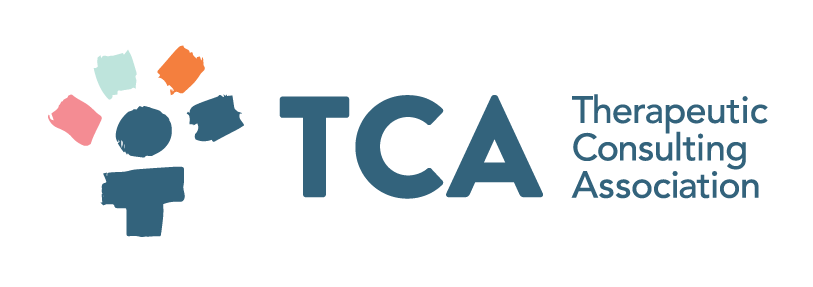Why Hire A Therapeutic or Educational Consultant? Expertise, Specialization, Contextualization and Continuity.
by Jamie Goodman, LPC, of Pilcrow Advisors
First, some history: The term “Educational Consultant” traces its roots to the early days of school placements in traditional day and boarding schools and prestigious colleges. Many Educational Consultants still work exclusively in this sector, and some have branched out to include placements in specialized schools for students with Learning Differences (LD), graduate schools, and even career counseling.
There are also other types of Educational Consultants who have developed a unique subset of educational consulting: Therapeutic Consultants. Therapeutic Consultants focus on clinically sound, research-based, and best-practice-driven interventions. This includes understanding local or national resources, adolescent interventions, residential treatment, wilderness therapy programs, and young adult treatment or transition programs. Care may focus on a specific diagnosis, such as substance abuse, anxiety, depression, trauma, autism, learning differences, OCD, ADHD, or any combination of the above. It also includes keeping up to date on payment options, including navigating the world of insurance, out-of-district placements and family-funded options.
As the field has evolved, it is increasingly rare to find a single practitioner who can focus on multiple options (i.e. traditional schools, therapeutic programs, and higher education). Some consulting practices have designed a team approach, allowing for increased expertise in specialized areas of consulting.
Expertise & Specialization:
Educational and Therapeutic Consultants do not “place” students. We are active stakeholders in a process which serves clients and families and helps them make informed decisions regarding the myriad of options which exist – locally, nationally, and beyond. While the professional networks or experience of part-time referrers may yield some valuable ideas, our entire practice is focused on understanding, visiting, monitoring, and constantly evaluating educational and treatment options for clients and families. Our expertise is rooted in our experience with a breadth of options as well as our in-depth and specialized understanding of the nuances involved in evaluating treatment and educational options.
While there are some “treatment options” we categorically avoid (i.e. boot-camps, conversion therapy, or other interventions which lack clinical or educational sophistication), the reality is that there is no such thing as a “great program” – there is just “great fit.”
Helping families find and evaluate the fit – that alignment between the current and evolving needs of a clientand the current services from an organization – means that our job is to keep up on milieu makeup, changes to programming, facilities, organizational leadership, availability among specific clinicians, and a host of other factors which go in to understanding the individualized “fit” for each client. This specialized expertise takes a full-time commitment to our profession. When this knowledge is leveraged, in a cohesive and holistic team-based approach which takes into account the experience and insight of all stakeholders, we are able to identify and support the best and most-lasting outcomes for our clients.
Contextualization & Continuity:
Choosing to work with an experienced Therapeutic Consultant increases a families’ precision in determining an appropriate level of care and services. Additionally, it can mitigate the potential for treatment failures, which can not only risk building treatment resistance but also result in misallocating limited resources – including time, money, and emotional reserves. The key is supporting learning, decision, and ongoing treatment or educational process.
Therapeutic Consultants provide both contextualization and continuity to the process. Regardless of the step or stage at which we are introduced to a family we work to understand the history, current situation, and educational and treatment goals. By collaborating with current and past professionals, we are able to help build a cohesive picture of a case, placing the current moment – be that of crisis or continued treatment – into a larger context of growth and development. Additionally, the support of a Therapeutic Consultant allows for professional continuity across multiple domains or treatment options. This continuity can help keep critical information from being lost in the moment, as well as help clients and families understand the predictable highs, lows, and structural challenges of lasting growth and development.
For questions or concerns contact TCA, or Hire a Therapeutic Consultant.

